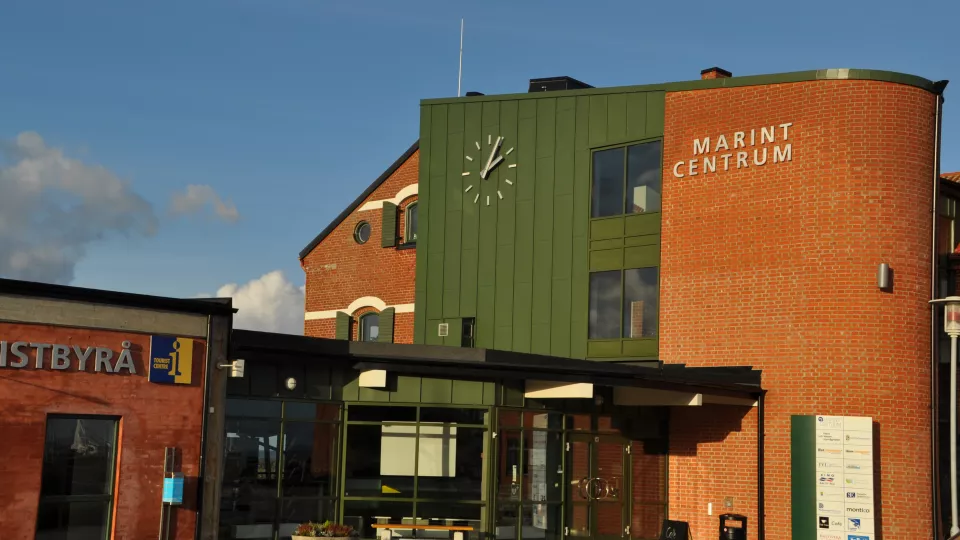The overall goal is to help solve environmental problems in the Baltic bay, Hanöbukten, and stimulate sustainable development in the region. The method is to create an interdisciplinary platform that will utilise research, collaboration and innovation development to contribute to new solutions. A joint agreement was signed in September.
“Ocean and marine resources are the subject of one of Agenda 2030’s sustainability goals and Lund University has considerable possibilities to take on these complex issues through the interdisciplinary research that is conducted. There is also a need for collaboration between many different parties in order to find solutions. The Marine Centre is a very good example of how we can work together with a municipality, a county council and the business sector towards the common goal of improving the environment in Hanöbukten”, says Lund University vice-chancellor Torbjörn von Schantz.
Clear focus areas
The collaboration’s focus areas are based on the identified needs of Hanöbukten, but opportunities for sustainable development and increased growth in the region are also important components. The initiative is also in line with the research carried out at the University. The identified focus areas are:
- Marine environment & ecosystems
- Marine industries & coastal communities
- Water
Within these areas the collaboration is to stimulate increased knowledge, environmental measures, innovation and development. Collaborations are to be developed between the University and parties throughout the Hanöbukten region and can in practice involve, for example, municipal doctoral students, externally employed doctoral students or degree projects.
“At present there is no organisation in southern Sweden where high-quality research, focusing on Hanöbukten and the southern Baltic, interacts with the business sector and society. In view of the major environmental problems in the southern Baltic, it feels good to have now established a collaboration that can help to address existing challenges. We also see good opportunities to develop new research projects that can strengthen Lund University’s position in ocean and water research”, says Maria Hansson, researcher at the Centre for Environmental and Climate Research (CEC) at Lund University and coordinator of the Academic Council affiliated with the Marine Centre.
The Academic Council is composed of researchers from different fields of research. The breadth of expertise is to promote new thinking in the work on the selected problem areas. The council’s tasks include helping to develop projects and being responsible for ensuring that postgraduate and undergraduate students receive satisfactory supervision.
Invasive species and resource flows
The activities start on 1 October and two research projects are already lined up
The first concerns the effects of invasive species on the Baltic Sea’s ecosystems. The focus is on analysing the emergence and spread of the round goby, a newly arrived species in Hanöbukten, with the development of new molecular tools called environmental DNA (eDNA). The project’s aim is to gain a better understanding of how invasive species disrupt Hanöbukten’s ecosystems and biodiversity, and to generate new knowledge that contributes to measures that can improve the environment.
The other project focuses on water on land and involves collaboration between companies and public sector organisations on shared resource flows through so-called industrial symbiosis. Simrishamn Municipality’s waste water treatment plants and local companies will be studied in different ways and stimulated to create symbiotic cooperation based on a circular water supply.
The research and innovation environment is funded jointly by Lund University, Simrishamn Municipality and Region Skåne. Additional project funding has thus far been granted by the LMK Foundation in Lund and the Swedish Energy Agency.
